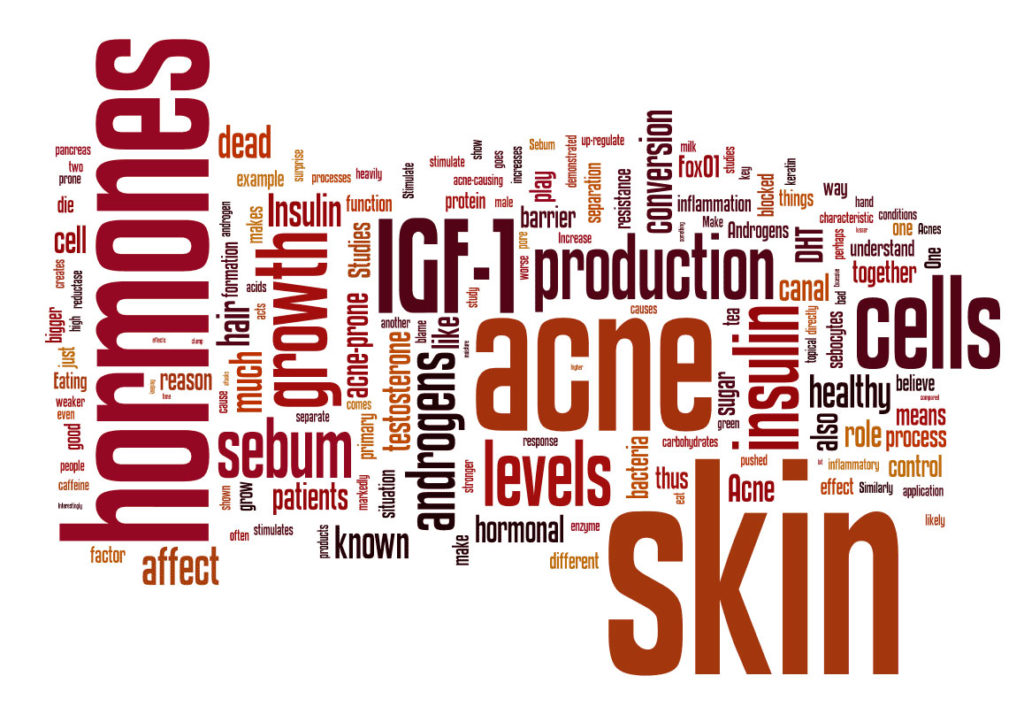Low vitamin D levels linked to high risk of breast cancer in young women.
The researchers looked at the blood levels of 1,200 healthy women and discovered that the women whose serum vitamin D level was low during the three month period just before being diagnosed with breast cancer had a highly elevated risk of the disease – three times higher, in fact – than women in the highest vitamin D group.
“While the mechanisms by which vitamin D could prevent breast cancer are not fully understood, this study suggests that the association with low vitamin D in the blood is strongest late in the development of the cancer,” principal investigator Cedric Garland, DrPH, FACE, professor in the Department of Family and Preventive Medicine at UC San Diego, said in a media statement. The research was just published online in advance of the print edition of the journal Cancer Causes and Control.
Several previous studies have also concluded that low serum levels of vitamin D are linked with a higher risk of premenopausal breast cancer, according to the researchers. They pointed out their new study suggests the possibility there’s a relevant window of time critical to the growth of a malignant tumor, about three months, when a lack of vitamin D might be the reason a woman develops breast cancer.
Garland explained in the media statement that this time frame is likely to be the point at which a tumor could be actively recruiting blood vessels needed for a malignancy to grow. “Based on these data, further investigation of the role of vitamin D in reducing incidence of premenopausal breast cancer, particularly during the late phases of its development, is warranted,” he said.
An earlier 2011 meta-analysis by Garland and colleagues also found that a serum level of about 50 ng/ml of vitamin D is associated with a 50 percent lower risk of breast cancer. Although there are some variations in how much vitamin D individuals absorb, the researchers pointed out that those who take in about 4000 IU per day of vitamin D from food or a supplement should normally have a serum level of 50 ng/ml. A consensus of all available data, Garland pointed out in the media release, has shown no known risk associated with this concentration of vitamin D.




